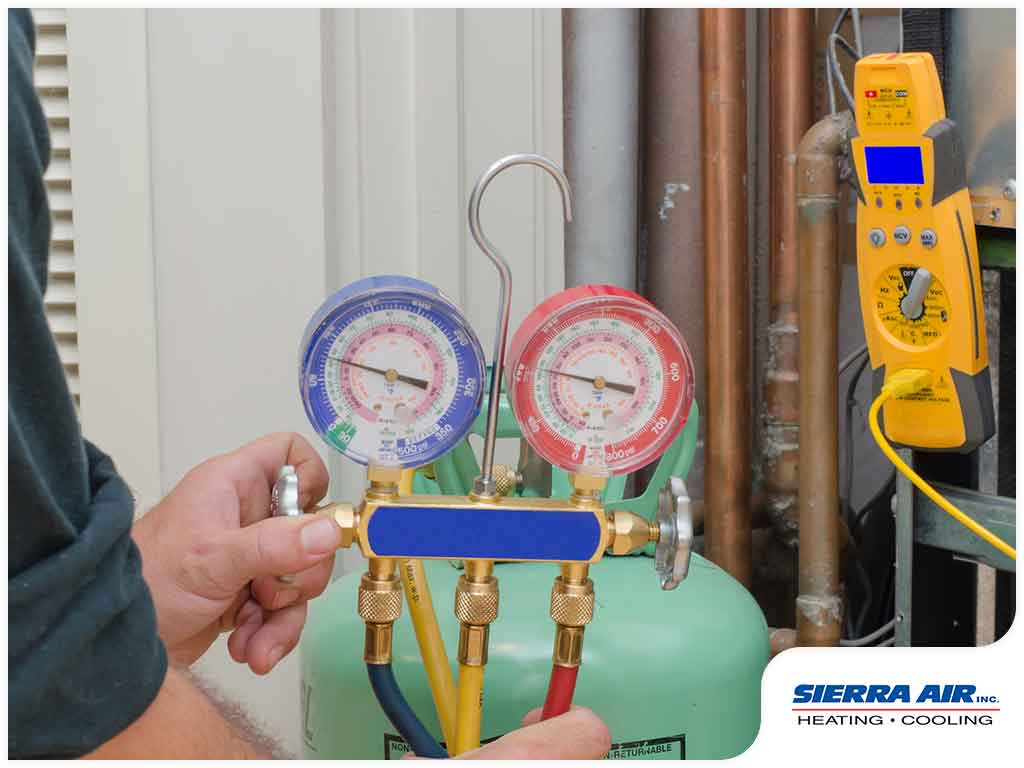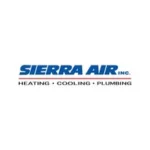Heat pumps and air conditioners need refrigerant to generate hot and cold air, which is why it’s important to take precautions against leaks. It’s equally important to take action as soon as signs of refrigerant leaks are noticed.
What Happens When HVAC Refrigerant Leaks?
HVAC refrigerant isn’t consumable like furnace fuel; as long as the heat pump or air conditioner doesn’t spring a leak, it won’t have to be topped off. A heat pump or air conditioner pumps refrigerant through stages of compression and condensation, which produces both hot and cold air, depending on which stage or mode is used. Refrigerant lines may get worn out over long periods of use. They’re invisible unless the HVAC covers are removed, therefore signs of an impending leak aren’t easily noticeable
Signs of Leaking Refrigerant
The following are signs that may indicate leaking refrigerant. If you notice one or more of the following, contact a residential and commercial air conditioning systems technician.
Low Output — If you already have your heat pump or air conditioner cranked up and the temperature still doesn’t feel adequate, you may be running low on refrigerant. The less refrigerant there is to work with, the less heating or cooling your HVAC system can produce. Constantly cranking up your HVAC system can also put undue stress on it, which could result in premature failure.
High Energy Bills — Low refrigerant levels mean more work for your HVAC system, resulting in high energy bills. If you notice a spike in your utility bills, this may coincide with other symptoms described here, so you may be looking at a refrigerant leak.
Hissing Sounds — Heat pumps and air conditioners are supposed to run relatively quietly. If you’re hearing hissing sounds, this could indicate leaking refrigerant. Bigger leaks may even produce a gurgling sound.
What We Can Do for Your HVAC System
Usually, refrigerant line repair work includes replacement of damaged or punctured refrigerant lines and adding more refrigerant until you have the required amount . Since refrigerant undergoes liquid and gaseous states—and therefore different expansion and contraction stages—refrigerant levels have to be precise. If your HVAC system contains an obsolete refrigerant such as R-22, it will be completely drained and replaced with a standard one like R-410A. Additional inspection will also be performed to make sure your heat pump or air conditioning system is in its best shape.
Call Sierra Air for Your Heating and Cooling Needs
Sierra Air is your leading provider of heating and air conditioning services. Fill out our contact form to schedule an appointment.




